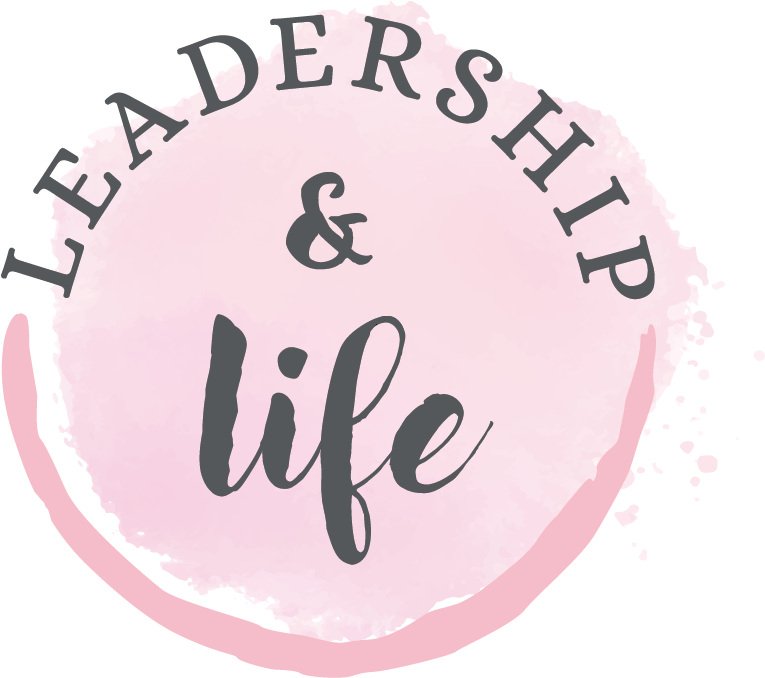Red Cars
This isn’t my red car, or even the car of someone I know. It’s a random car my daughter saw when we were walking home and I told her I needed a photo of a red car.
There’s a phenomenon whereby if you make note of something, you start to notice it everywhere. For example, you buy a red car, and you start to see red cars everywhere. I wasn’t sure if it was more of an Urban Legend, but a quick Google search gives me actual names for it: Selection Bias, Baader-Meinhof Phenomenon and Red Car Syndrome. I’m impressed that it isn’t just something that’s out there floating around, but has some root in science and psychology.
Well, the past six months, during the pandemic, I’ve experienced Red Car Syndrome. It’s not with cars, but with a piece of advice: you need to feel all the emotions or you will feel none of them. Simply put, this means, you can’t selectively choose which emotions to feel. You let them all in, or you impact your ability to feel the good ones too. I first heard this in a Brene Brown TED Talk (I will admit this was sometime last year, but then it’s been cropping up everywhere the past six months). At about 15:30, she says this:
“The problem is — and I learned this from the research — that you cannot selectively numb emotion. You can’t say, here’s the bad stuff. Here’s vulnerability, here’s grief, here’s shame, here’s fear, here’s disappointment. I don’t want to feel these. I’m going to have a couple of beers and a banana nut muffin. ”
It hit me hard then, but I kind of put it out of my mind. Fast forward a year and we are in the middle of a global pandemic. I have more time, and I’m listening to podcasts and reading books more often. Brene Brown has a new podcast called “Unlocking Us,” and I was listening to an episode where she brings up this concept again. I nodded and said, OK, it’s Brene Brown and this is her thing. A month later, a different podcast with a different speaker (Unf*ck Your Brain with Kara Loewentheil) and she says a similar variation of this. Crap. Then last week, I was reading Dave Hollis’ book Get Out of Your Own Way, and there it was again. Super crap.
Normally, I try to focus on the positives and live life seeking good. The pandemic has brought so much loss, however. And not just loss of freedom and experiences, but loss of life. The first couple of months brought tragedy that I could have never predicted, and facing that within myself, and supporting others through it was so freaking hard. How do you support someone, when you are supposed to stay 2 meters apart? How do you face your own emotions when you feel socially isolated? And frankly, it was just easier to try to ignore them and hope they would go away (spoiler alert: they don’t, and they come back at the most inopportune time). I tried the “If I say everything is OK, then it must be” approach and I tried to trick others and my brain.
But I’ve heard the advice multiple times now, which must be what I needed, as I’ve recognized that yes, indeed, I do need to feel the sadness and the disappointment; the fear and the anger. Looking back, I do believe I felt these emotions too, but I don’t know that I truly explored them; dug deep to understand, sit with and face them. It felt dirty; not in a shameful way as Brene Brown would talk about, but in a, I need to make space for this and it’s going to mess up my day kind of way. In many ways, life seems to be getting better and the worst of it seems to be over. It would be easy to gloss over the crap and focus on just the good, but I know this coping mechanism will catch up to me down the road. The advice to focus on the pretty sky, not the storm is good for searching out the positives, but we need to recognize also, that when the storm hits, we can’t just ignore the damage. Much as if there was hail damage to the roof, we would repair it, when there is emotional damage to our hearts, we need to repair that too. It’s harder though, and I’m not sure we are truly taught how to do that, but it’s a skill, and like all skills, it improves with time and practice. Originally, we might need help; someone to show us what to do, but eventually we get better at it. We could always use support, but we know which path to take.
They say that time is a great healer, and I guess I believe that to a point, but I don’t think that time is the ultimate healer. I think we need to do that work ourselves. And we need to do the work. Not only to address the sadness, disappointment, loss, but also to ensure that we truly feel the excitement, happiness and joy that will return.
Read about Brene Brown’s TED Talk on Vulnerability and the Unf*ck You Brain podcast on my Resources Page

